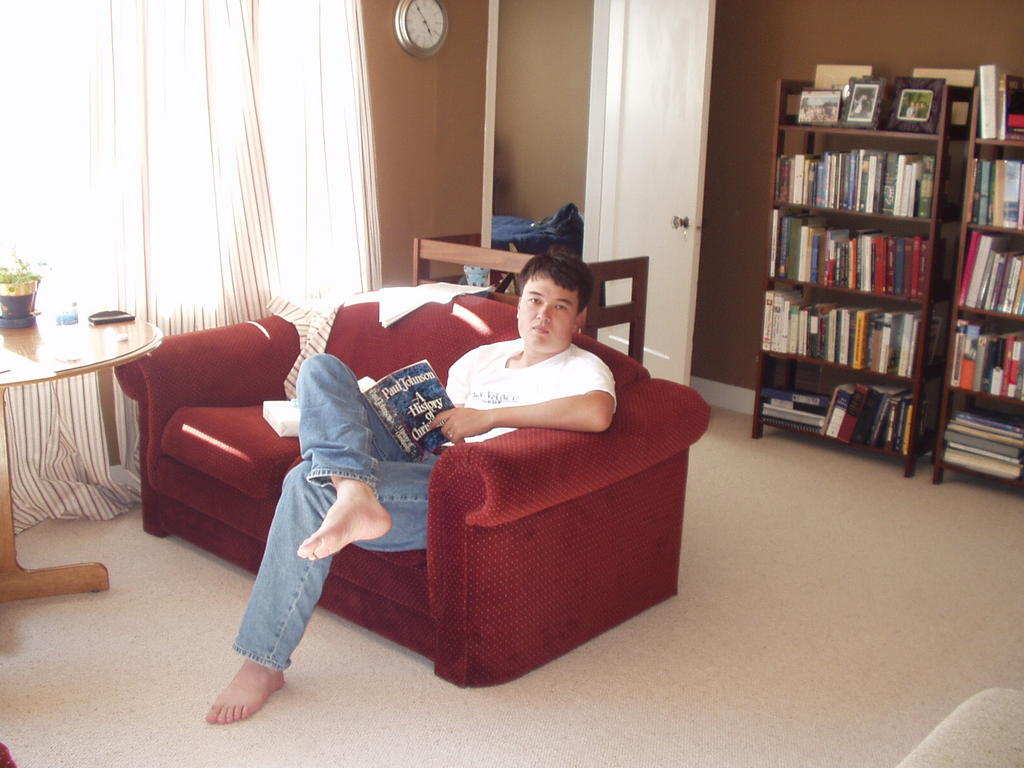In cities a body of men may hope to live on almsgiving, but even in a city it is not possible to live utterly without possessions. This raises a problem for anyone who wishes to be one of the poor. No one, and certainly no community, can for long be utterly poor. This is the paradox of poverty as an ideal: it is so easy to be poor by chance, so difficult by policy. The older monastic orders had solved the problem by adapting as their ideal individual poverty in the midst of corporate possessions. But it is evident that, in the face of real poverty, monastic poverty of this kind is only wealth under another name. On any ordinary interpretation of the phrase, long before the 13th cent., the claim made by monks and canons to be pauperes Christian pauperem sequentes, "the poor following Christ in poverty", had ceased to have any respectable meaning. It was a main part of the mission of St. Francis and his followers to give a new meaning to this well-worn phrase....
- R.W. Southern, The Middle Ages, pg. 288.
Monday, January 22, 2007
Subscribe to:
Post Comments (Atom)


No comments:
Post a Comment